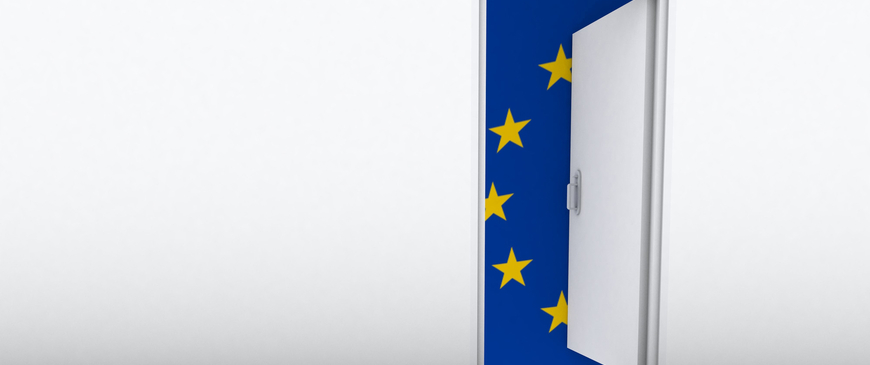
The EU says it must enlarge. But why did it stop in the first place?
Before the 2004 accessions, "everything seemed to be going in the direction of a more open global world. These countries were, most of them, transitioning from communism to democracy and the free market economy and so there was this great sense of hope and that we were returning these countries to Europe," Ian Bond, director of foreign policy at the Centre for European Reform, told Euronews.
...Now though, "the EU is now a much more sober place, looking also at the risks and the downsides and looking at the threats that it faces and trying to balance all of those as it thinks about the next round of enlargement," Bond said.
...“It's incredibly important to the operation of the single market that the EU remains a single legal space, a common legal space, and that's what (Hungary's) Orban and also PiS, the Polish ruling party, are putting at risk with their judicial reforms is that you may not be able to go to a court in all 27 member states and get the same decision based on the facts of the case,” said Bond.
...This fear, Bond told Euronews, is largely overblown, as the EU was able to adapt to the various crises over the past two decades.
"I think possibly people here are too afraid of what new members might do or that new members might behave constructively. I think in most cases when countries join the EU, the first thing we want to do is to show that they belong," he said, noting that the topic was already raised before 2004 and then the accession of Bulgaria, Romania and Croatia in 2007 and 2013.
